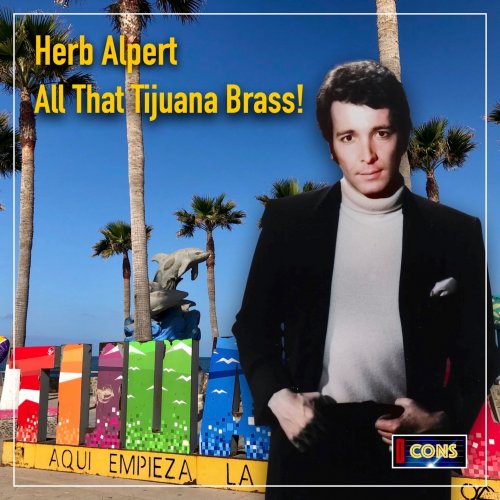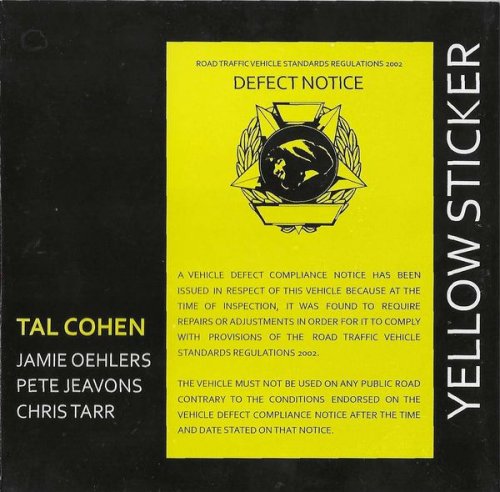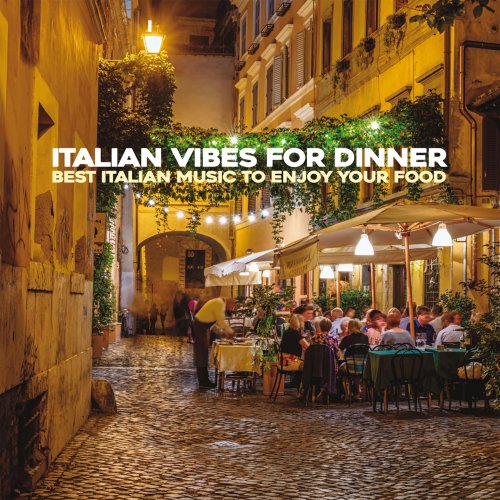Lovin' Spoonful - 20 Greatest Hits (Remastered) (1987)
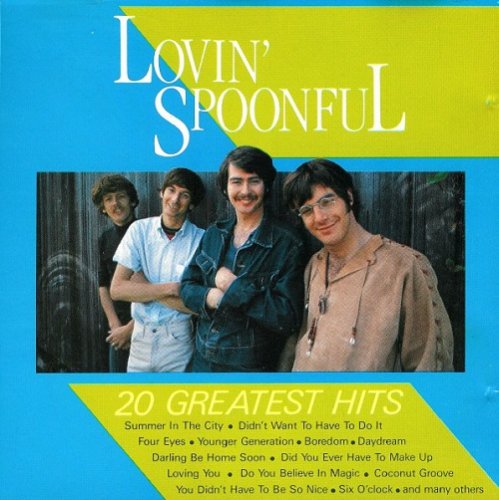
Artist: Lovin' Spoonful
Title: 20 Greatest Hits
Year Of Release: 1987
Label: Antelope Records
Genre: Sunshine Pop, Beat, Psychedelic Rock
Quality: Flac (tracks)
Total Time: 50:25
Total Size: 276 Mb
WebSite: Album Preview
Title: 20 Greatest Hits
Year Of Release: 1987
Label: Antelope Records
Genre: Sunshine Pop, Beat, Psychedelic Rock
Quality: Flac (tracks)
Total Time: 50:25
Total Size: 276 Mb
WebSite: Album Preview
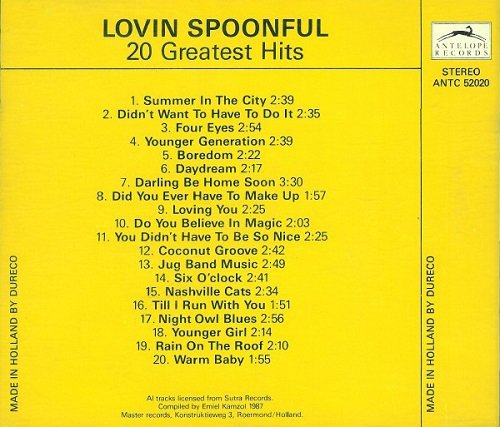
Tracklist:
01. Summer In The City
02. Didn't Want To Have To Do It
03. Four Eyes
04. Younger Generation
05. Boredom
06. Daydream
07. Darling Be Home Soon
08. Did You Ever Have To Make Up
09. Loving You
10. Do You Believe In Magic
11. You Didn't Have To Be So Nice
12. Coconut Groove
13. Jug Band Music
14. Six O'clock
15. Nashville Cats
16. Till I Run With You
17. Night Owl Blues
18. Younger Girl
19. Rain On The Roof
20. Warm Baby
Bass Guitar – Steve Boone
Compiled By – Emiel Kamzol
Drums – Joe Butler
Guitar – John Sebastian
Lead Guitar, Vocals – Zal Yanovsky
Right on the tails of the Beau Brummels and the Byrds, the Lovin' Spoonful were among the first American groups to challenge the domination of the British Invasion bands in the mid-'60s. Between mid-1965 and the end of 1967, the group was astonishingly successful, issuing one classic hit single after another, including "Do You Believe in Magic?," "You Didn't Have to Be So Nice," "Daydream," "Summer in the City," "Rain on the Roof," "Nashville Cats," and "Six O'Clock."
Like most of the folk-rockers, the Lovin' Spoonful were more pop and rock than folk, which didn't detract from their music at all. Much more than the Byrds, and even more than the Mamas & the Papas, the Spoonful exhibited a brand of unabashedly melodic, cheery, and good-time music, though their best single, "Summer in the City," was uncharacteristically riff-driven and hard-driving. More influenced by blues and jug bands than other folk-rock acts, their albums were spotty and their covers at times downright weak. As glorious as their singles were, they lacked the depth and innovation of the Byrds, their chief competitors for the crown of best folk-rock band, and their legacy hasn't been canonized with nearly as much reverence as their West Coast counterparts.
Leader and principal songwriter John Sebastian was a young veteran of the Greenwich Village folk scene when he formed the band in 1965 with Zal Yanovsky, who'd already played primitive folk-rock of a sort with future members of the Mamas & the Papas in the Mugwumps. Sebastian already had some recording experience under his belt, playing harmonica (his father was a virtuoso classical harmonica player) on sessions by folkies like Tom Rush and Fred Neil. The Spoonful were rounded out by Steve Boone on bass and Joe Butler on drums. After some tentative interest from Phil Spector (who considered producing them), they ended up signing with Kama Sutra. Sebastian's autoharp (which would also decorate several subsequent tracks) helped propel "Do You Believe in Magic?" into the Top Ten in late 1965.
The Lovin' Spoonful were torn asunder by a drug bust in 1967. Boone and Yanovsky were arrested in California for marijuana possession, and evidently got out of trouble by turning in their source. This didn't sit well with the burgeoning counterculture, which called for a boycott of Spoonful product, although the effect on their sales may have been overestimated; most of the people who bought Spoonful records were average teenage Americans, not hippies. Yanovsky left the band in mid-1967, to be replaced by Jerry Yester, former producer of the Association.
Live at the Hotel Seville The band had a few more mild hits, but couldn't survive the loss of John Sebastian, who effectively closed the chapter by leaving in 1968, although the group straggled on briefly under the helm of Butler. Sebastian went on to moderate success as a singer/songwriter in the 1970s. Live at the Hotel Seville, the first new Lovin' Spoonful album in three decades, was released in 1999.
Like most of the folk-rockers, the Lovin' Spoonful were more pop and rock than folk, which didn't detract from their music at all. Much more than the Byrds, and even more than the Mamas & the Papas, the Spoonful exhibited a brand of unabashedly melodic, cheery, and good-time music, though their best single, "Summer in the City," was uncharacteristically riff-driven and hard-driving. More influenced by blues and jug bands than other folk-rock acts, their albums were spotty and their covers at times downright weak. As glorious as their singles were, they lacked the depth and innovation of the Byrds, their chief competitors for the crown of best folk-rock band, and their legacy hasn't been canonized with nearly as much reverence as their West Coast counterparts.
Leader and principal songwriter John Sebastian was a young veteran of the Greenwich Village folk scene when he formed the band in 1965 with Zal Yanovsky, who'd already played primitive folk-rock of a sort with future members of the Mamas & the Papas in the Mugwumps. Sebastian already had some recording experience under his belt, playing harmonica (his father was a virtuoso classical harmonica player) on sessions by folkies like Tom Rush and Fred Neil. The Spoonful were rounded out by Steve Boone on bass and Joe Butler on drums. After some tentative interest from Phil Spector (who considered producing them), they ended up signing with Kama Sutra. Sebastian's autoharp (which would also decorate several subsequent tracks) helped propel "Do You Believe in Magic?" into the Top Ten in late 1965.
The Lovin' Spoonful were torn asunder by a drug bust in 1967. Boone and Yanovsky were arrested in California for marijuana possession, and evidently got out of trouble by turning in their source. This didn't sit well with the burgeoning counterculture, which called for a boycott of Spoonful product, although the effect on their sales may have been overestimated; most of the people who bought Spoonful records were average teenage Americans, not hippies. Yanovsky left the band in mid-1967, to be replaced by Jerry Yester, former producer of the Association.
Live at the Hotel Seville The band had a few more mild hits, but couldn't survive the loss of John Sebastian, who effectively closed the chapter by leaving in 1968, although the group straggled on briefly under the helm of Butler. Sebastian went on to moderate success as a singer/songwriter in the 1970s. Live at the Hotel Seville, the first new Lovin' Spoonful album in three decades, was released in 1999.
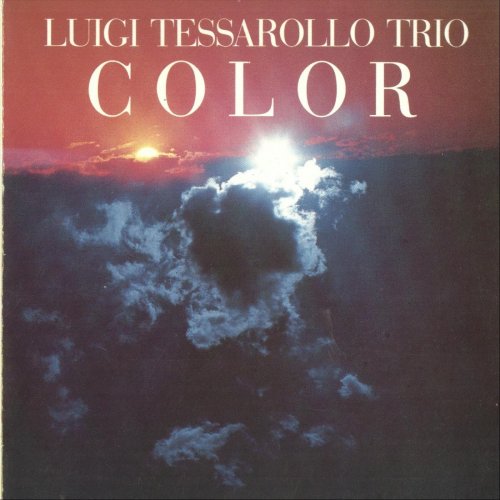
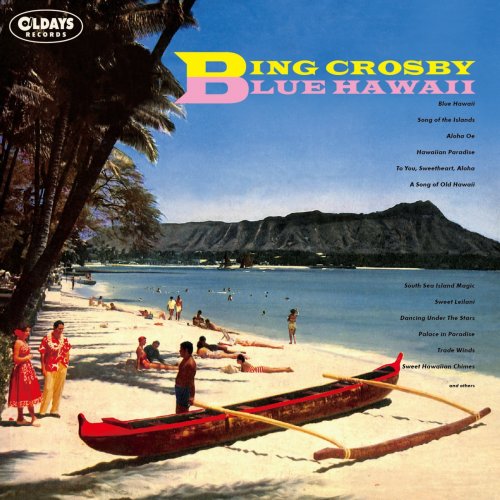
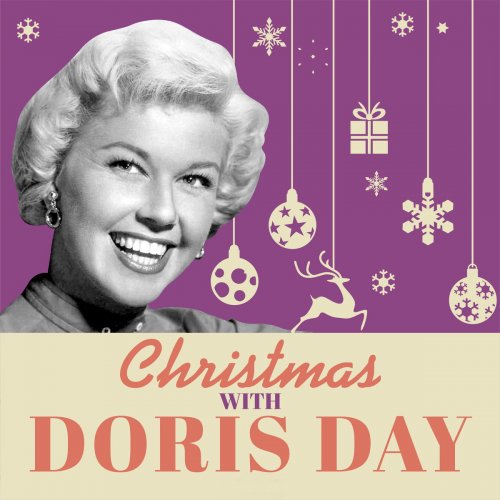
![NYO Jazz - Live in Johannesburg (Live) (2025) [Hi-Res] NYO Jazz - Live in Johannesburg (Live) (2025) [Hi-Res]](https://www.dibpic.com/uploads/posts/2025-12/1765894703_zwp14vk90corb_600.jpg)


